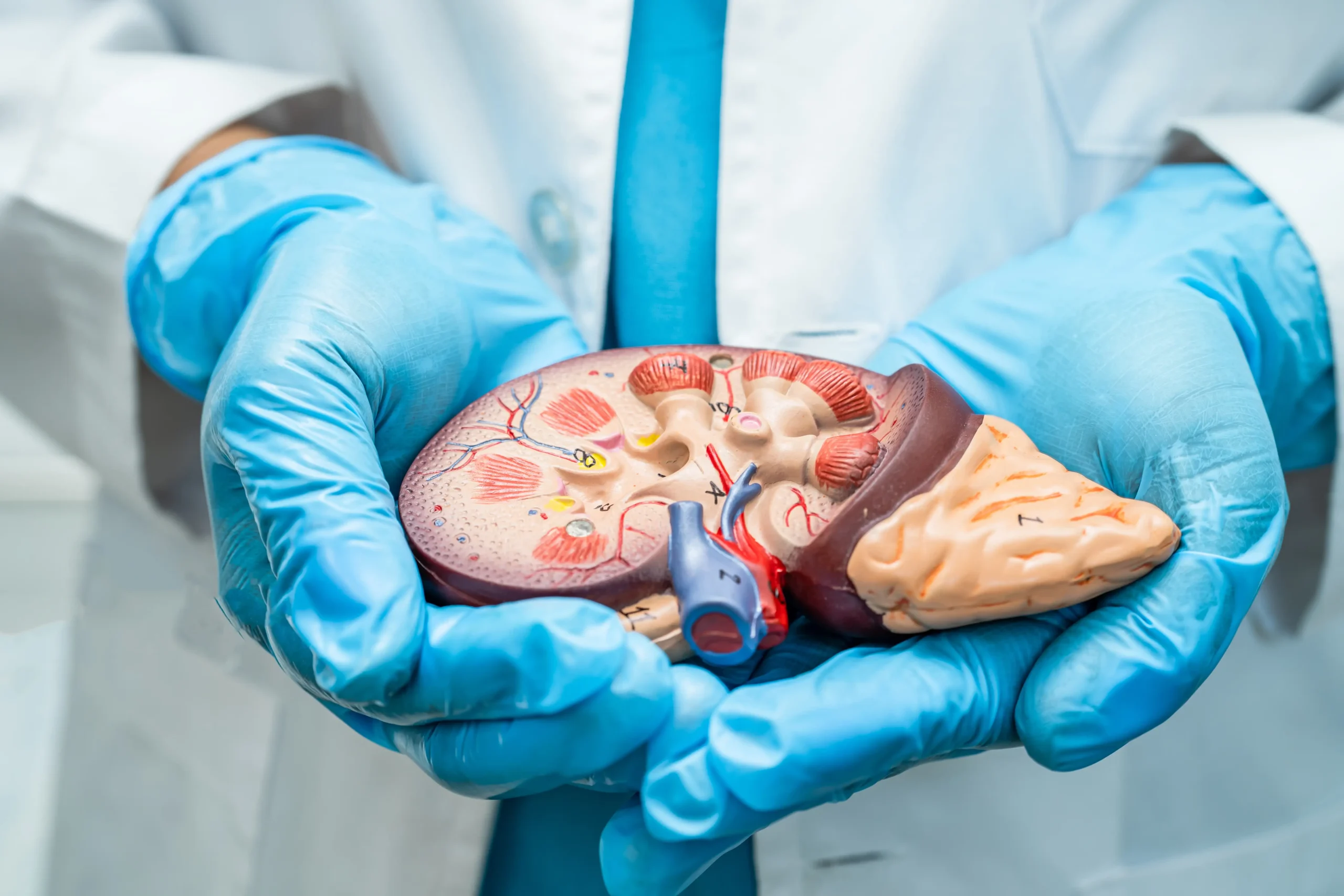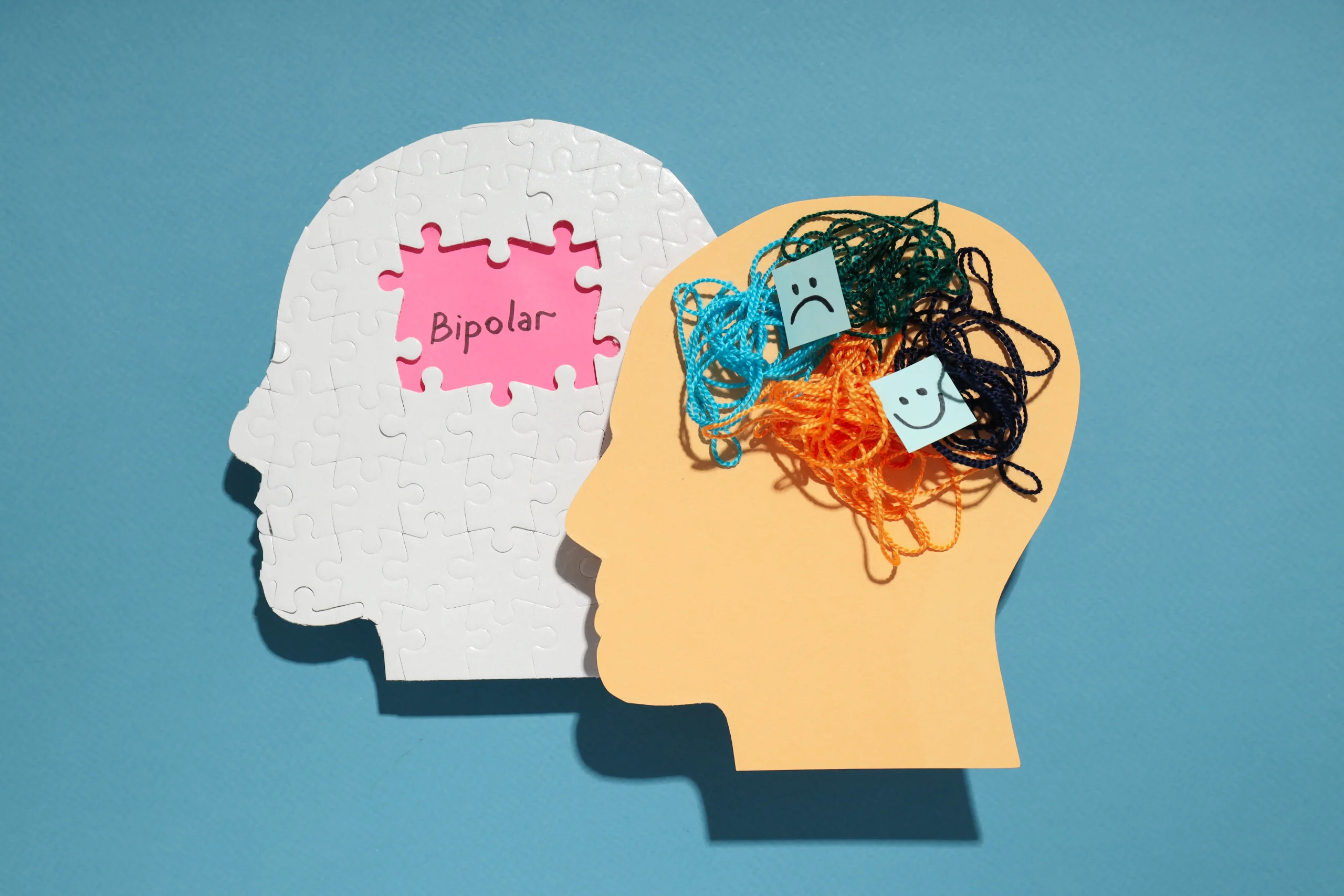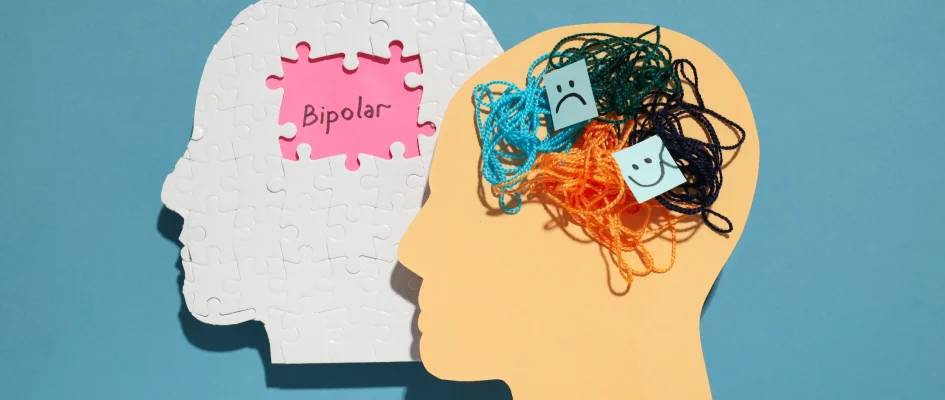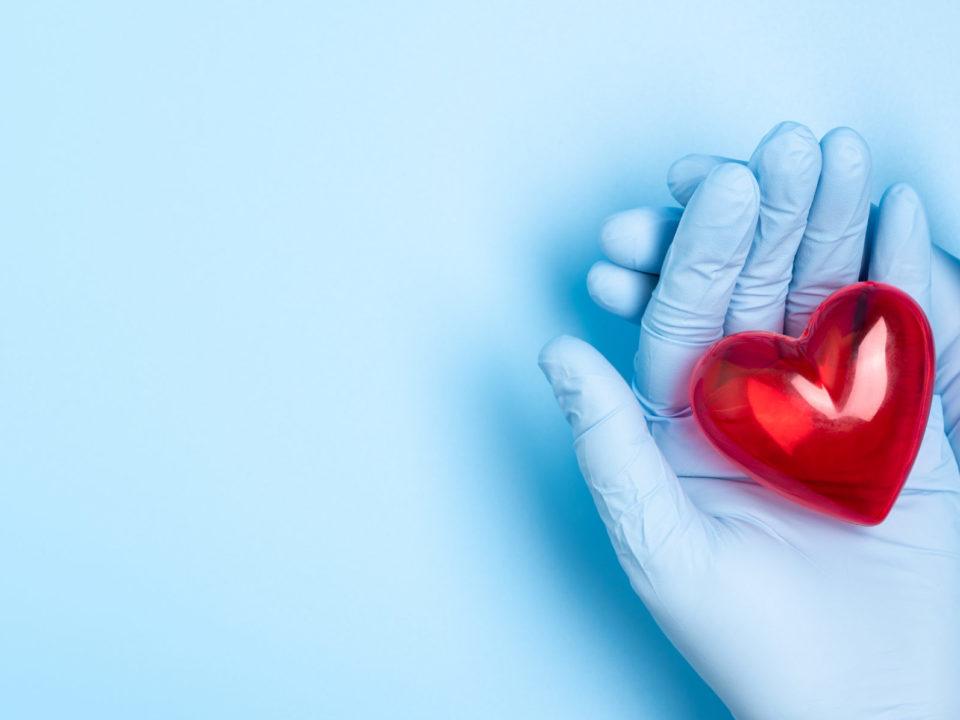Bipolar Disorder Vs. Depression: Everything You Need to Know
Mood disorders, such as depression and anxiety, encompass a range of conditions characterised by abnormal mood regulation, significantly impacting individuals’ quality of life. Among the most prominent of these disorders are bipolar disorder and chronic clinical depression (also known as dysthymia). Both conditions present unique challenges, yet they share common features, including the profound effect on an individual’s emotional and functional well-being.
Table of Contents
- Bipolar Disorder: An Overview
- Chronic Depression: An Overview
- The Importance of Early Intervention
- Conclusion
- More Information
Bipolar Disorder: An Overview
Bipolar disorder, previously referred to as manic-depressive illness, is characterised by extreme mood swings that include emotional highs (mania or hypomania) and lows (depression). These mood swings can affect sleep, energy levels, behaviour and the ability to think clearly. It is important that sufferers seek bipolar disorder treatments to help manage the condition and alleviate the symptoms.
Types of Bipolar Disorder
Bipolar I disorder:
This type involves manic episodes lasting at least seven days or manic symptoms severe enough to require immediate hospitalisation. Depressive episodes typically occur as well, lasting at least two weeks.
Bipolar II disorder:
Defined by a pattern of depressive and hypomanic episodes, but not the full-blown manic episodes that are typical of Bipolar I Disorder.
Cyclothymic disorder (Cyclothymia):
Periods of hypomanic symptoms as well as periods of depressive symptoms lasting for at least two years (one year in children and adolescents), however, the symptoms do not meet the diagnostic requirements for a hypomanic episode and a depressive episode.
Other types:
Bipolar and related disorders induced by certain drugs, alcohol or due to a medical condition such as Cushing’s disease, multiple sclerosis, or stroke.
Bipolar Disorder Symptoms
The bipolar disorder symptoms are classified into those of mania and those of depression:
Manic symptoms:
- Elevated mood or irritability
- Increased activity, energy or restlessness
- Excessively “high” and overly good, euphoric mood
- Decreased need for sleep
- Racing thoughts and fast speech
- Distractibility
- Overconfidence or grandiosity
- Poor judgement and impulsive behaviours
Depressive symptoms:
- Prolonged sadness or unexplained crying spells
- Significant changes in appetite and sleep patterns
- Irritability, anger, worry, agitation or anxiety
- Pessimism or indifference
- Loss of energy, persistent lethargy
- Feelings of guilt, worthlessness or hopelessness
- Difficulty concentrating or making decisions
- Recurring thoughts of death or suicide
Causes and Risk Factors
The exact cause of bipolar disorder is not known but several factors may contribute, including:
Genetics:
A family history of bipolar disorder increases the risk of developing the condition.
Biological differences:
People with bipolar disorder appear to have physical changes in their brains.
Neurochemical imbalances:
Abnormalities in neurotransmitters may play a role.
Environmental factors:
Stress, abuse, significant loss or other traumatic experiences can trigger or exacerbate the condition.
Bipolar Disorder Treatments
Bipolar disorder is a lifelong condition that requires ongoing treatment, including:
Medications:
Mood stabilisers, antipsychotics and antidepressants are commonly used.
Psychotherapy:
Cognitive behavioural therapy (CBT), psychoeducation and family therapy can be beneficial.
Lifestyle adjustments:
Maintaining a regular schedule, healthy diet, exercise and adequate sleep.
Hospitalisation:
In severe cases, hospitalisation may be necessary to ensure safety and proper treatment.
Chronic Depression: An Overview
Chronic depression, or dysthymia, is a continuous, long-term form of clinical depression. Unlike major depressive disorder, dysthymia involves depressive symptoms that are less severe but more enduring.
Symptoms of Depression
Symptoms of depression are typically:
- Persistent sad, anxious, or “empty” mood
- Feelings of hopelessness or pessimism
- Feelings of guilt, worthlessness, or helplessness
- Fatigue or low energy
- Difficulty concentrating, remembering, or making decisions
- Insomnia or oversleeping
- Changes in appetite or weight
- Lack of interest in daily activities
- Physical symptoms that do not respond to treatment, such as headaches and chronic pain
Causes of Depression and Risk Factors
The causes of chronic depression are similar to those of major depressive disorder and can include:
Genetics:
A family history of depression can increase the risk.
Biochemistry:
Neurotransmitter imbalances play a crucial role.
Environmental stressors:
Trauma, abuse, a significant loss, or chronic stress.
Personality:
People with low self-esteem or who are generally pessimistic are more likely to experience chronic depression.
Treatment
Treatment for chronic depression often involves a combination of approaches:
Medications:
Antidepressants, such as SSRIs (selective serotonin reuptake inhibitors), SNRIs (serotonin and norepinephrine reuptake inhibitors) and others.
Psychotherapy:
CBT, interpersonal therapy (IPT) and other forms of counselling.
Lifestyle modifications:
Regular exercise, healthy diet and sleep hygiene.
Support groups:
Sharing experiences with others facing similar challenges.
The Importance of Early Intervention
Early diagnosis and treatment of bipolar disorder and chronic depression can significantly improve the prognosis. Untreated mood disorders can lead to severe complications, including substance abuse, legal problems, financial issues and strained relationships.
Recognition of symptoms:
Both individuals and healthcare providers should be vigilant in recognising the symptoms early. Screening tools and regular check-ups can be vital.
Comprehensive assessment:
A thorough assessment by a mental health professional can help in distinguishing between bipolar disorder and chronic depression and identifying any co-occurring conditions.
Education and awareness:
Public awareness campaigns can help reduce stigma and encourage individuals to seek help early.
Living with mood disorders and managing bipolar disorder and chronic depression requires a multifaceted approach that includes medical treatment, psychological support and lifestyle changes. Here are some strategies to help individuals cope:
Adherence to treatment:
Regularly taking prescribed medications and attending therapy sessions.
Self-Care practices:
Engaging in activities that promote well-being, such as exercise, meditation and hobbies.
Support systems:
Building a strong network of friends, family and support groups.
Monitoring and managing triggers:
Identifying and avoiding triggers that exacerbate symptoms.
Conclusion
Bipolar disorder and chronic depression are complex conditions that significantly impact individuals’ lives. Understanding their symptoms, causes and treatment options is essential for effective management. Early intervention and a comprehensive treatment plan can greatly enhance the quality of life for those affected. Through education, support and proper medical care, individuals with mood disorders can lead fulfilling and productive lives.
More Information
For more information, please contact:
Dr F Mandlate
Discipline: Psychiatrist
Hospital: Maputo Private Hospital
Telephone: +258 84 095 7900
















